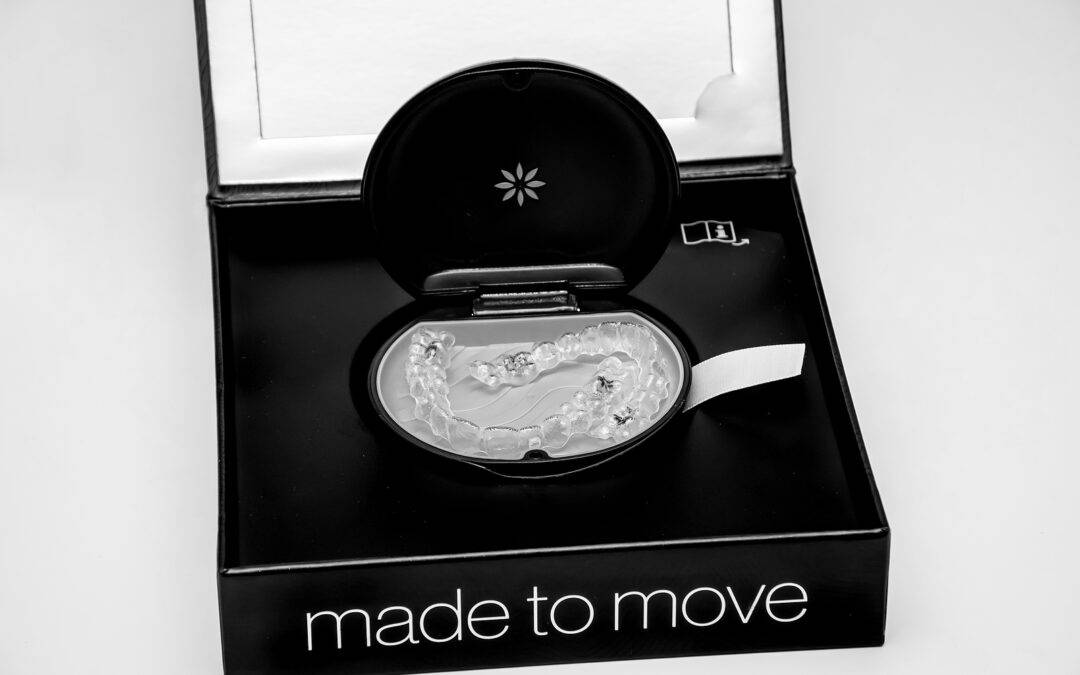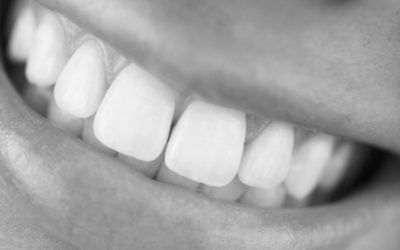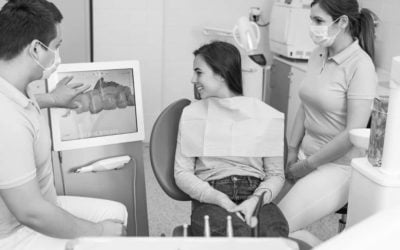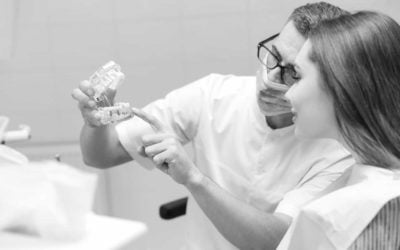Here at Shields, it’s always our aim to preserve your natural teeth wherever possible. However, in some cases, it’s in the interests of a patient’s oral and general health to perform a tooth extraction. And today, we’re talking specifically about wisdom teeth removal.
Wisdom teeth are unpredictable things that can erupt at any time during life. According to the Guinness World Records, the oldest person to grow a wisdom tooth was 94 years of age! However, it is most common for them to erupt during your teens or early twenties, though 35% of people are actually born without them.
Regular dental check-ups and hygienist appointments are essential, allowing us to keep a close eye on how your wisdom teeth grow. During these appointments, we may suggest that wisdom teeth removal is the best courhttps://www.shieldsdentalclinic.ie/general-dentistry/dental-hygiene/se of action.
Signs Your Wisdom Teeth Might Need to be Removed
● Sensitivity and pain around the back of the mouth: if you’re experiencing pain, sensitivity or throbbing around your wisdom teeth for more than a couple of days, your body is likely telling you to make a dentist appointment ASAP.
● Inflammation around the gums surrounding your wisdom teeth: as wisdom teeth erupt, they can form a fold of gum tissue behind your 12-year molars that can trap food particles and bacteria. This can irritate the area and make it tricky to brush and floss effectively. This condition is known as pericoronitis. In cases where acute pericoronitis occurs, you may experience swelling and fever, indicating an infection is spreading. In the case of the latter, you should contact us for an emergency appointment.
● They’re damaging neighbouring teeth: wisdom teeth can push your other teeth out of position, which can go on to cause bite problems and pain.
● Jaw damage: cysts can emanate from the tissue surrounding a wisdom tooth before it erupts, affecting the jaw’s condition – they can even cause jaw fracture if left untreated.
● Sinus problems: wisdom teeth are in close proximity to your sinuses, which can be found behind the nose. Once wisdom teeth begin to grow, they can put pressure on the area, leading to sinus infections and headaches.
● They have partly erupted and are decayed: if your wisdom teeth are emerging and are already showing signs of decay, it’s likely the decay will quickly worsen, as they are more difficult to clean. Removing them can prevent this and protect the long-term health of your smile.
How Are My Wisdom Teeth Removed?
Before your appointment to have your wisdom teeth removed, you will have a consultation appointment with the Shields team member who will be performing the procedure. They will ask you some questions about your general health, request a list of prescriptions you take and ask you about your anaesthesia preference. Please note that if you choose to undergo IV sedation, you will need to have someone drive you home after the wisdom teeth removal procedure. Please do feel free to ask any questions you might have, and don’t hesitate to voice any concerns or worries – one of the most critical aspects of our job as dentists is to reassure and support you.
We will make a small incision in your gum or bone, allowing us to extract the tooth, after which we stitch the wound using dissolvable stitches. Gauze pads are used to absorb blood during the procedure.
After Wisdom Teeth Removal
It’s vital that you schedule time out to recover after wisdom teeth removal, avoid exercise, and get as much rest as possible. We recommend avoiding eating and drinking until the anaesthetic wears off, which should be around 4 hours after wisdom teeth removal. The reason for this is your sensitivity to pain will not yet be back to normal until this point. And it’s possible that eating and drinking may exacerbate this once the area is no longer numb. Some patients benefit from telling a friend or relative that they’re having their wisdom teeth removed, which can help with moral support during the short recovery period.
Patients can be assured that they will receive comprehensive guidance on wisdom teeth removal aftercare. You can also take a look at our frequently asked questions section on wisdom teeth removal here.
Having troublesome wisdom teeth removed will significantly improve your quality of life, with any associated pain being eliminated in the days after treatment. It’s always great to hear from patients that they’re able to enjoy day-to-day activities after treatment without the burden of worry that can often accompany wisdom teeth-related complications.
Shields Dental Clinic: Supporting Nervous Patients
We understand wisdom teeth removal can be unnerving for anxious patients. The Shields team is here to support you and help you feel comfortable about undergoing treatment. We’re highly experienced in carrying out dental sedation, which effectively helps those who struggle with dental phobia and undergo the treatment they need and deserve.
Contact Our Limerick Dental Practice
Are you interested in finding out more about wisdom teeth removal? There are several ways in which you can get in touch with our friendly team, who can book you in for an appointment with us here at Shields Dental & Orthodontic Clinic.
We offer free, no-obligation video consultations during which patients can find out all they need to know about the treatment options we offer. Our friendly reception team can answer any questions you may have about this. Just give us a call.







